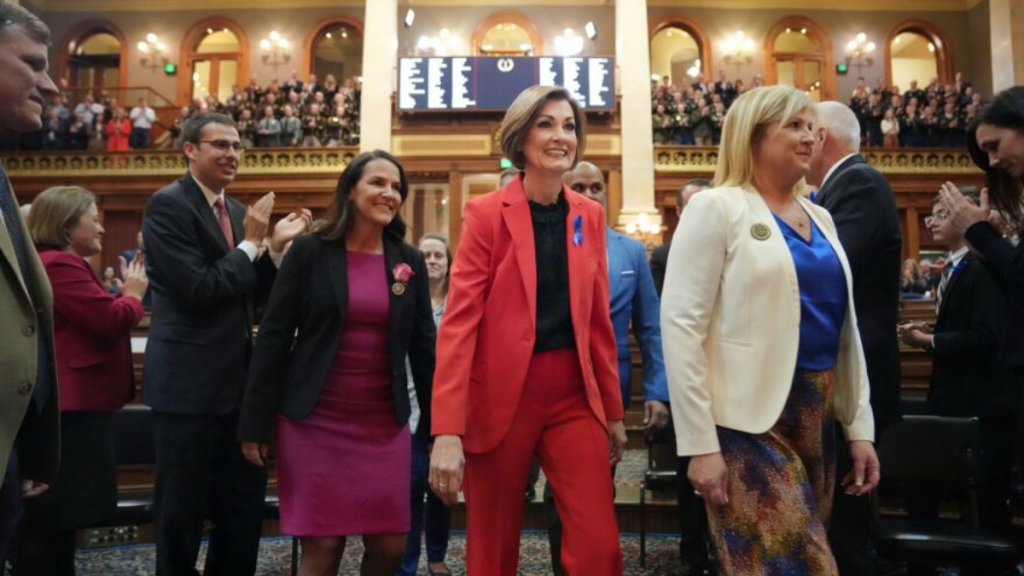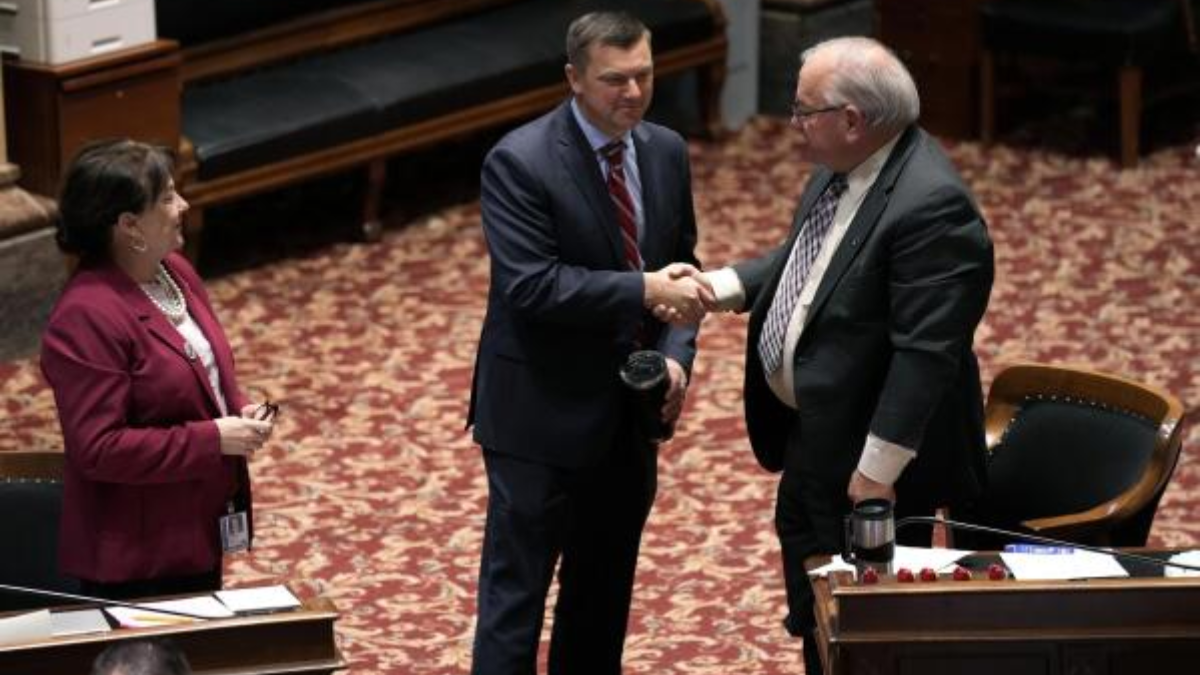Iowa has long been a state known for its agricultural strength, strong communities, and moderate political balance. However, in recent years, political shifts have led to policy decisions that are sparking frustration among residents. Issues related to taxation, education, and social policies have created deep divisions, leaving many to wonder whether Iowa is still the right place for them.
For some, the state’s conservative direction is welcome. But for others, these changes are leading them to relocate to states that better reflect their values and priorities. As Iowa continues down this path, the risk of a growing exodus becomes more apparent.
Economic Policies and Taxation Concerns
One of the primary concerns among residents is Iowa’s tax policy. Recent years have seen tax cuts aimed at benefiting businesses and high earners, but these changes have had unintended consequences for middle-class and working families.
How Iowa’s Tax Policies Affect Residents
- Public service cuts – With reduced tax revenue, public services such as education, healthcare, and infrastructure have suffered.
- Higher local taxes – Many local governments have had to raise property taxes to make up for state funding losses.
- Stagnant wages – While tax cuts were meant to boost the economy, many workers have not seen significant wage increases.
As a result, some residents are looking for states with better-funded public services and a stronger economic outlook. According to the U.S. Census Bureau, Iowa has seen a net population loss in recent years, a sign that these concerns are leading people to leave.
Education Policies Are Driving Families Away
Iowa has historically been known for its high-quality public education, but recent policies have raised concerns among parents and educators. The state’s focus on school choice programs, which divert public funding toward private schools, has sparked controversy.
How Iowa’s Education Policies Are Affecting Families
- Underfunded public schools – Redirecting taxpayer money to private education means that public schools are struggling to maintain funding.
- Curriculum restrictions – Debates over book bans, race-related education policies, and LGBTQ+ rights have created divisions in school districts.
- Teacher shortages – With low pay and restrictive policies, Iowa is experiencing a teacher retention crisis, leading to a decline in educational quality.
Many families prioritize strong public schools when choosing where to live. Some have opted to move to states where public education is better supported.
Social Policies Causing Divisions
Beyond economic and education policies, Iowa’s social legislation has played a major role in shaping migration patterns. The state has passed several controversial laws that have made national headlines, particularly concerning reproductive rights, LGBTQ+ protections, and book censorship.
Recent Laws Causing Controversy in Iowa



For younger generations and progressives, these laws have made Iowa feel increasingly unwelcoming. Many young professionals and college graduates have chosen to move elsewhere, seeking more inclusive communities.

The Urban vs. Rural Divide
The growing political divide between urban and rural Iowa is also playing a role in migration patterns.
- Cities like Des Moines, Iowa City, and Cedar Rapids tend to be more liberal and diverse.
- Rural areas remain deeply conservative, supporting policies that align with Republican leadership.
This divide has caused friction within the state, with urban residents often feeling disconnected from the policies being implemented at the state level. For some, relocating to a state where urban centers have more political influence feels like the better option.
Where Are Former Iowans Moving?
Migration trends suggest that many former Iowa residents are heading to states that align more closely with their political and economic priorities.
Top states where former Iowans are moving:
- Minnesota – Stronger public education, progressive policies, and a growing job market.
- Illinois – Economic opportunities in cities like Chicago, plus access to better healthcare options.
- Colorado – Popular with young professionals seeking a more socially liberal environment.
- Missouri – Attracts conservatives who may find Iowa’s politics still too moderate.
Will Iowa Reverse Course?
While some see Iowa’s current political direction as a necessary shift toward conservative values, others view it as a departure from the state’s historically balanced policies.
- Supporters argue that recent tax cuts, education reforms, and social policies reflect the will of the majority.
- Critics warn that these policies are driving skilled workers, young families, and professionals out of the state.
As election cycles continue, Iowa’s leadership may have to reassess whether its policies are benefiting or hurting its long-term growth.
Final Thoughts
Iowa’s political landscape is evolving, and with it, so are residents’ choices about where to live. Economic struggles, education concerns, and social policies have created an environment where many feel alienated. Whether Iowa continues down this path or adapts to retain its population remains to be seen.
One thing is clear—residents vote with their feet. And for some, that means leaving Iowa behind.
For more insights on state migration trends, visit the U.S. Census Bureau.
Disclaimer – Our team has carefully fact-checked this article to make sure it’s accurate and free from any misinformation. We’re dedicated to keeping our content honest and reliable for our readers.
